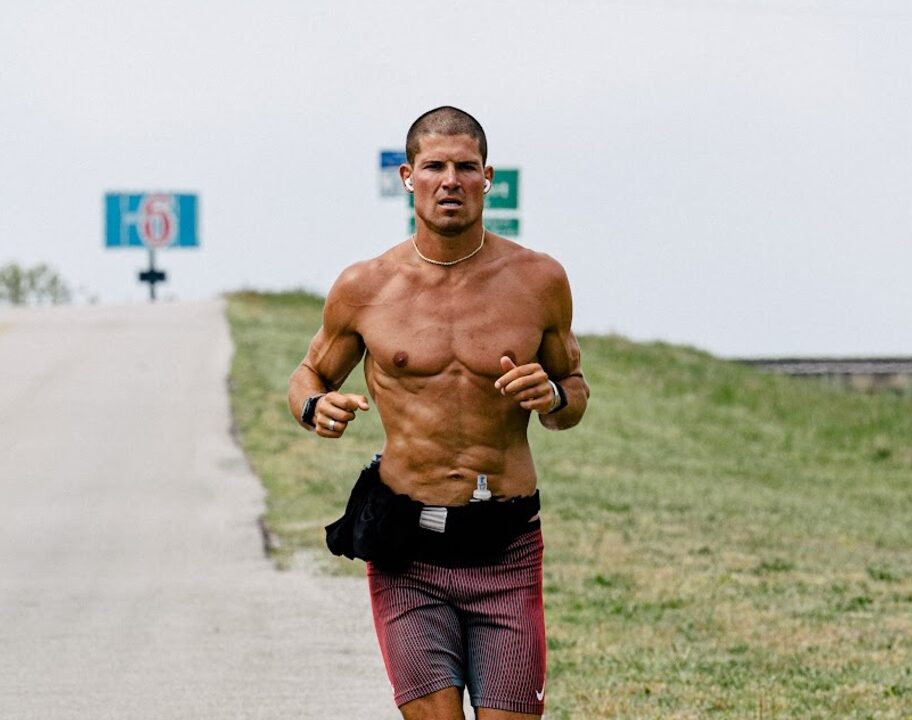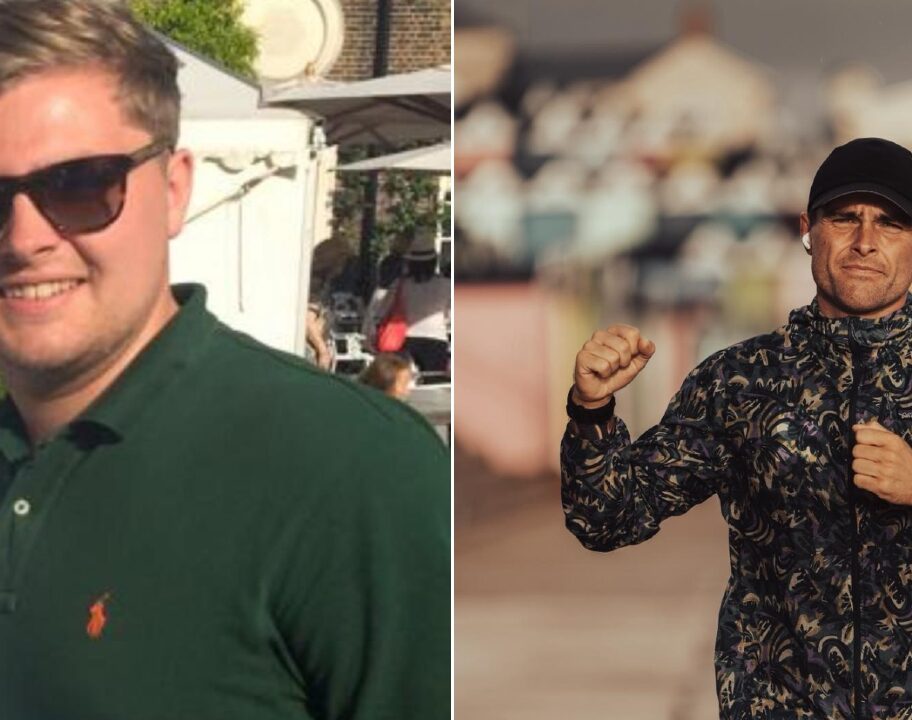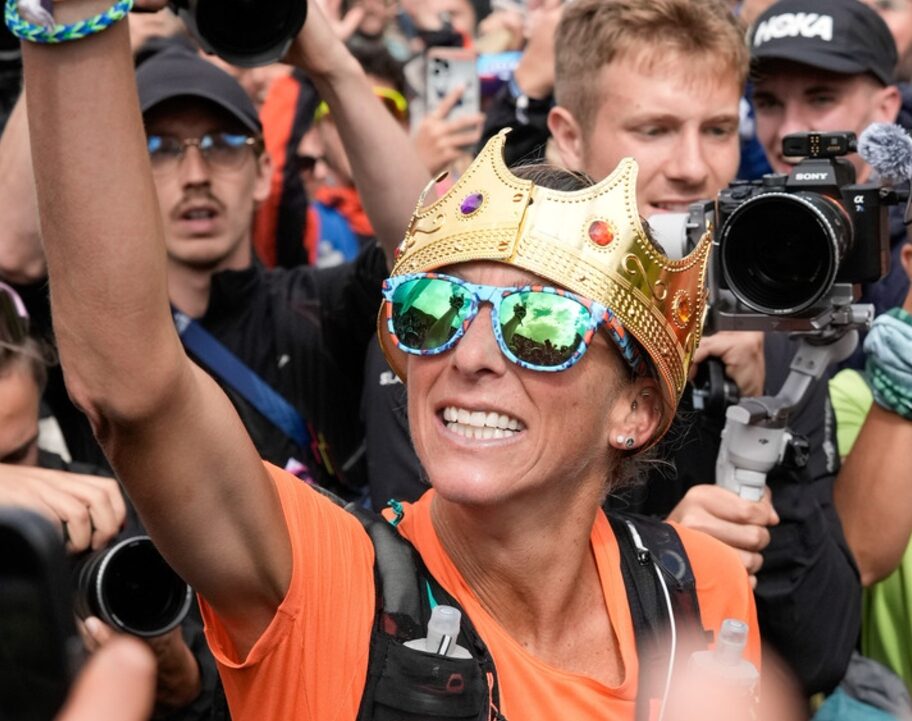We went to the launch of #TRAINBRAVE, a campaign aimed at raising awareness of eating disorders and RED-s in sport. They want to give athletes a place to share their own stories and to offer support and resources to them.
#TRAINBRAVE is the brainchild of Renee McGregor, performance and eating disorder dietitian, and Tom Fairbrother, 2.34 marathon runner and former eating disorder sufferer. They feel passionately that more support is needed for athletes and more education is needed for coaches. Too many athletes at all levels of sport are affected by eating disorders and don’t know where to get help. This was evidenced by the fact that 150 people turned up to this launch.
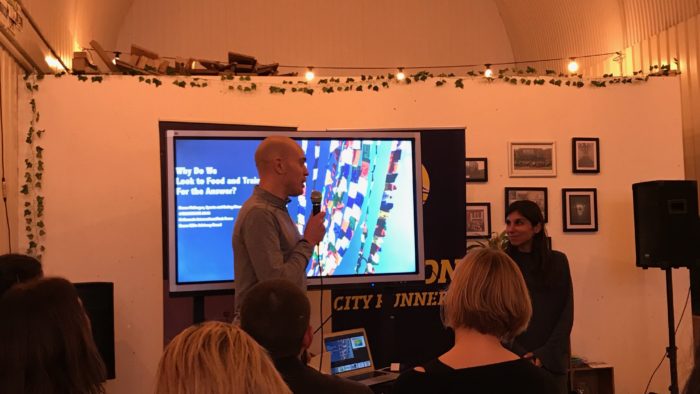
At the launch event we heard the stories of three athletes: Tom, Rowan Preece and Anna Boniface. Their stories were incredibly poignant and struck a chord with many in the room. What started as ‘losing a bit of weight to make me faster’ or ‘cutting out certain foods to be healthier and better at running’ escalated to eating disorders with serious health implications for all of them. The ramifications they suffered included bulimia and subsequent tooth erosion, depression and stress fractures. Their illnesses severely affected their running and their lives. You can read their stories here:
As well as the athletes, we heard from Renee about her experiences working with athletes. She discussed why we might develop issues with eating and what the signs are. She also talked about how she works with her clients to help them towards recovery. Again, this is at all levels of the sport and people of all ages – Renee has worked with Olympic and Paralympic athletes but is just as likely to work with amateur runners and juniors. We heard that some of this work involved some pretty tough love.
We also heard from Nicky Keay, doctor and expert in sports endocrinology. Essentially, endocrinology is looking at the endocrine system and hormones. Why is this important as an athlete? If your nutritional intake is too low for the energy demands you’re making on your body through training (and just normal life) then your body can go into ‘energy saving mode’ and your hormone pathways will be dampened. This can affect reproductive processes in men and women and bone (eg stress fractures) and soft tissue injuries can occur. And, to put it in terms that will strike alarm bells for all runners – your running will be seriously affected. Read more about RED-S (relative energy deficiency in sport) HERE.
One of the big messages from all of the athletes and professionals we heard from was that while losing some weight might initially seem to benefit your running, it’s a very short term result. Once you begin to be energy deficient the consequences can become very serious indeed, ranging from fatigue and stress fractures to osteoporosis and even death. So it’s so important to get help if you think you or somebody you know might have issues with food or are doing too much running and not eating enough to fuel it. Help is at hand and #TRAINBRAVE will be providing resources, further workshops and information on where to get one-on-one help.
Click HERE to find out more about #TRAINBRAVE
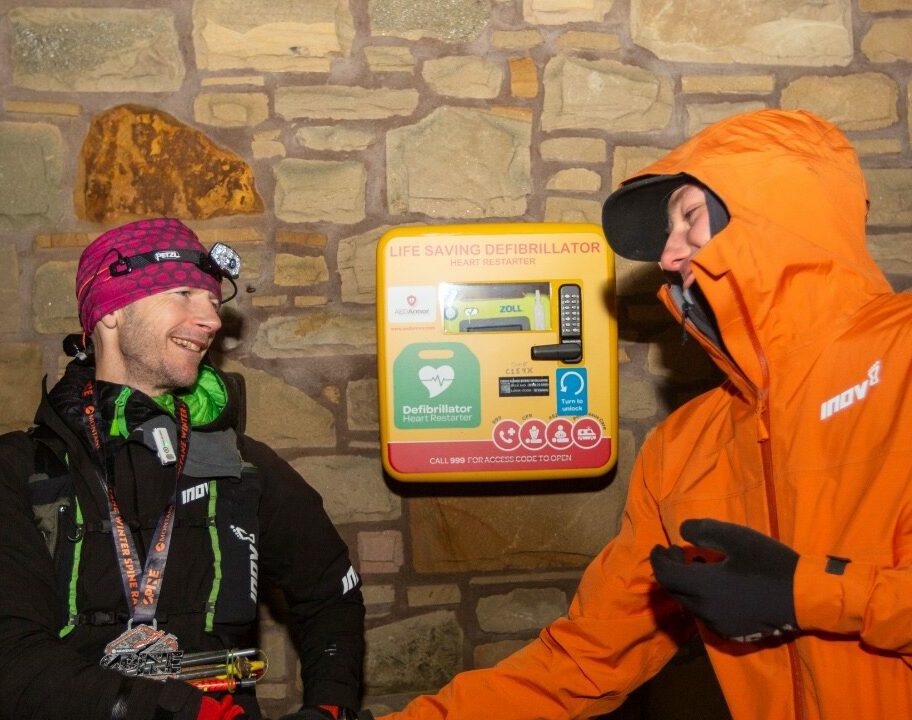
![Hannah Rickman Montane Winter Spine Race 2025 [Photo credit: The Spine Race]](https://run247.com/wp-content/uploads/2025/01/Hannah-Rickman-Montane-Winter-Spine-Race-2025-912x720.jpg)
